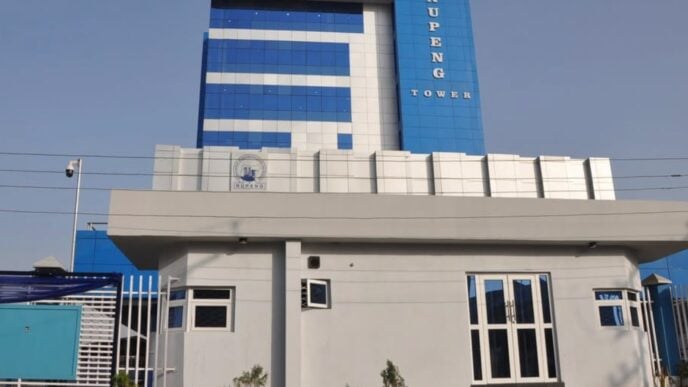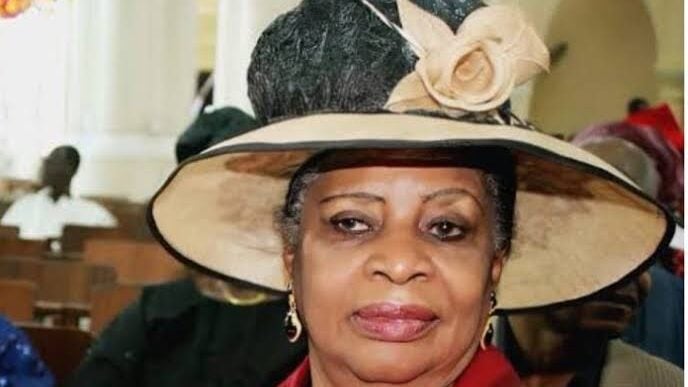Olayemi Cardoso, governor of the Central Bank of Nigeria (CBN), says there is room for lending rates in the country to decline once inflationary pressures moderate and market efficiency improves.
Cardoso spoke at the European Business Chamber (Eurocham Nigeria) C-Level Forum in Lagos according to a statement on Sunday.
The CBN governor acknowledged concerns that high interest rates are constraining investment but noted that monetary tightening was necessary to stabilise the economy.
“There is a substantial potential for interest rates to decrease in the future as inflation continues to decline and as markets become more efficient in allocating capital,” he said.
Advertisement
“That is the environment in which stronger corporate lending and higher levels of investment will naturally follow.”
The apex bank has raised rates sharply in recent months to rein in inflation and stabilise the naira, moves that Cardoso said are already yielding results.
He stressed that the CBN’s priority remains to “protect the stability that has been re-established in the financial system,” while ensuring banks are resilient enough to finance economic growth.
Advertisement
On the bank recapitalisation exercise, Cardoso said implementation is “making good progress” and will result in stronger institutions capable of withstanding shocks.
He added that reforms alongside fiscal sector collaboration with the ministries of finance, trade and industry, and the budget office are helping restore investor confidence.
“Headline inflation is elevated but decreasing as a consequence of collective efforts. The advantages of the Bank’s tightening posture will persist,” he said.
Cardoso also highlighted financial inclusion and fintech expansion as key drivers for growth, saying technology-driven solutions are essential to reducing poverty and expanding access to credit.
Advertisement
On Nigeria’s position in the global economy, the CBN boss said, “Nigeria is a market that is both large and appealing in its own right, and it is also situated at the entrance to the broader continent and West Africa”.
“This underscores the importance of maintaining stability at home,” he added.
Also, in his introductory remarks, Yann Gilbert, Eurocham president, characterised the chamber as a conduit that links European businesses with Nigerian policymakers.
Gilbert said members remain committed to Nigeria, describing the country as a critical partner where “enduring partnerships, job creation, and investment” can thrive.
Advertisement












